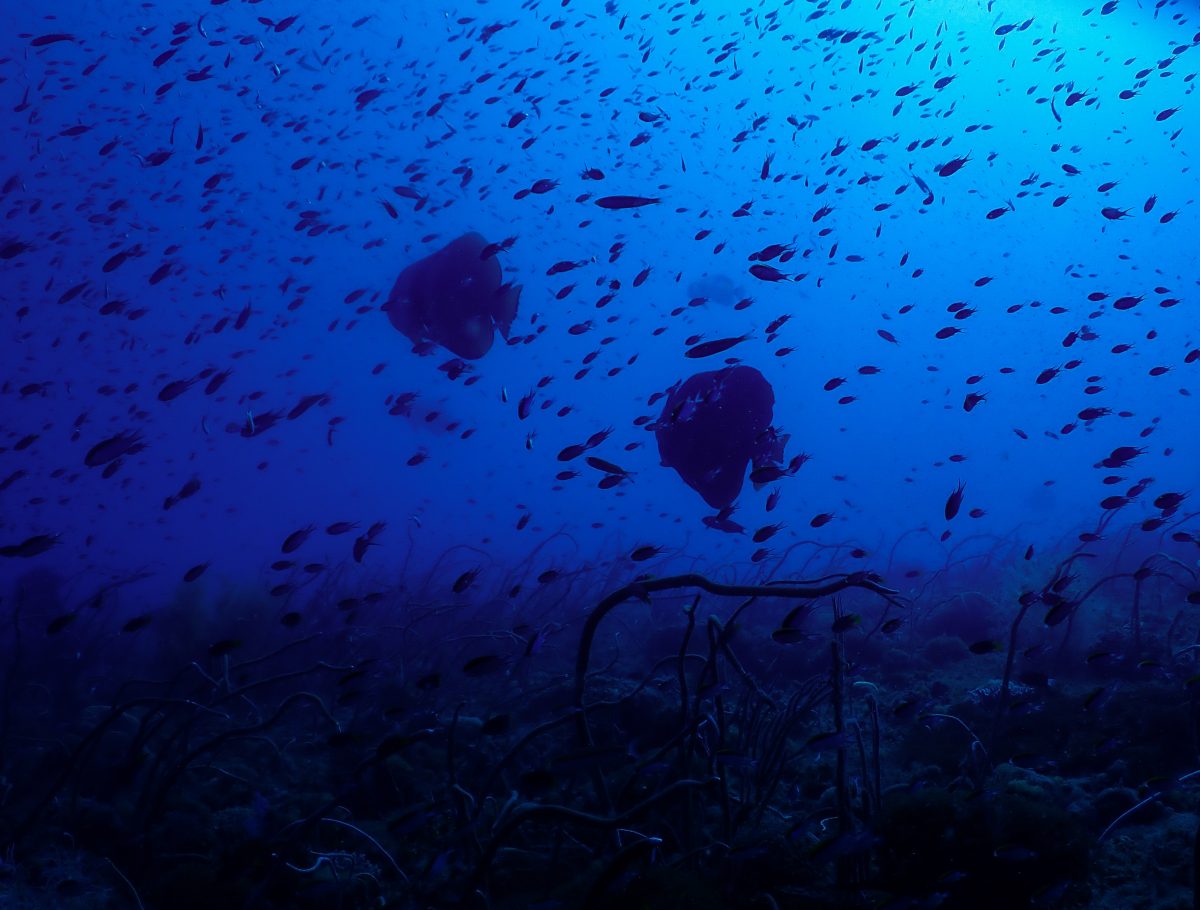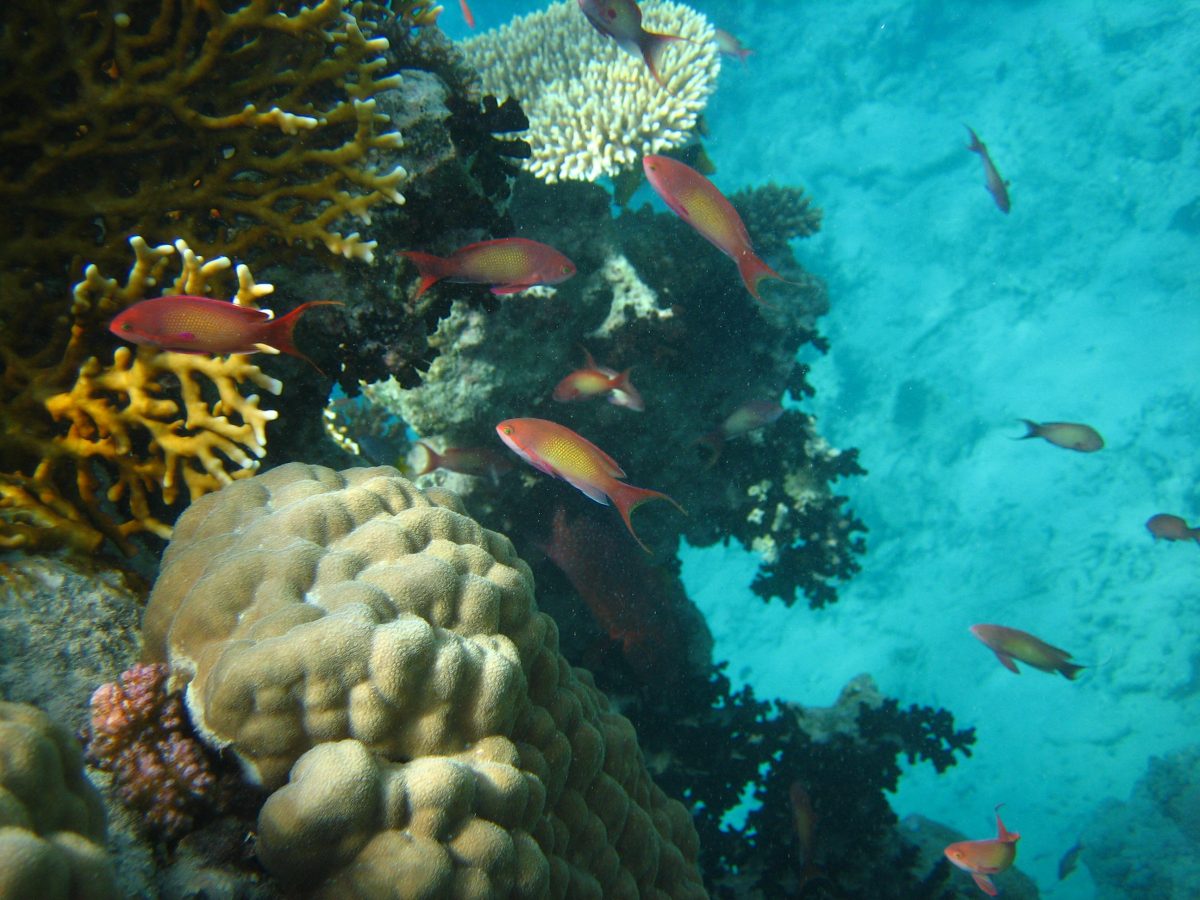Ayesha Ashad’s article is adapted from her submission to the Eat Blue Essay contest, a sponsored essay contest by the Research Chefs Association and BlueNalu in which culinary students from around the globe answered the questions “What does it mean to you to Eat Blue™? How do you incorporate this into your daily life and find inspiration to Eat Blue™ in your personal and professional journey?” Ayesha was a finalist in the competition.
“The greatest threat to our planet is the belief that someone else will save it.” This quote by Robert Swan matters the most to the various current events that our beautiful home is dealing with. As falling ocean health becomesmore and more prominent, the ‘United Nations Sustainable Development Goal 14: Life below water’, brings people from around the world together in taking initiative for some great sustainable solutions that better the health of the ocean, sea life, consumers and most definitely the planet, as a whole.
Achieving seafood sustainability is of utmost importance, as over 30 percent of marine fisheries are not sustainable. This is where sustainable aquaculture can play an important role and companies like BlueNalu can take the scientific idea of cellular aquaculture to a commercial level, providing safe and sustainable seafood. Even though aquaculture is the fastest-growing food production system, cell-cultured seafood is a novel approach to seafood production that uses much less land and fewer resources while producing safe, efficient and 100 percent yield protein.
What Does it Mean to Eat Blue™?
To Eat Blue™ is to have a guilt-free, healthy and transparent seafood source and also play a part in developing seafood sustainability. It also involves being mindful of our surroundings and important topics such as marine health, human health, animal welfare, and economic impact of ocean related industries. It is education and informed decisions regarding the problems faced by the ocean like overfishing, ocean acidification, rising ocean temperatures and the disturbed balance of the ocean. Moreover, as consumers, we must be aware of the pollutants present in our ocean which are ingested by marine species and then make their way to our plate.
BlueNalu specifically targets vulnerable and imported fish species, like mahi mahi and bluefin tuna, then extracts muscle, fat, and connective tissue cells from them, and creates whole muscles using a nutrient-rich culture media. This process is known as cellular aquaculture. Cell-cultured seafood is not only as tasty as conventional fish but also a much healthier choice without microplastics and mercury. . There will also be consistent taste, texture and supply of products as environmental changes and challenges faced by wild populations will not affect their growth. This innovative way of developing seafood is important for both present and future generations as our population dramatically rises.. People are constantly searching for healthy proteins like seafood and the supply gap must be fulfilled without endangering the ocean and marine life. This sustainable operation is critical to protect and celebrate the diversity of our oceans.

As Consumers, We Can Make a Difference
Sustainability is important to acquire and sustain a healthy and clean atmosphere for all life forms. As passionate and educated consumers, it is our responsibility to make better choices and to educate others about sustainable resources. We should always be mindful of the actions we take today since they will impact the generations to come. A proven example of our impact is the improvement of marine health during the COVID-19 lockdown, during which human activity decreased and natural systems were able to rebalance.
Even if you are a person who is not concerned about the environment but only concerned with enjoying seafood, just think about this question: Wouldn’t you like to have a better choice with no compromise in taste and texture, also, with the added advantage of zero contamination from antibiotics, heavy metals, plastics, and hormones? Yes, please!
